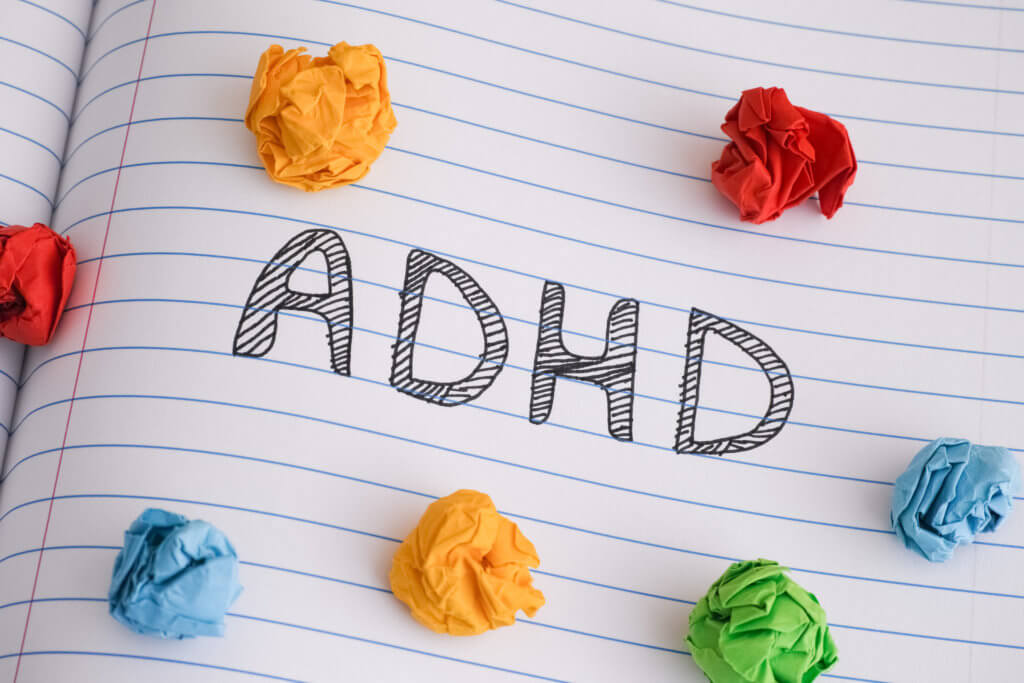Why do we label children psychologically? Is there a purpose? Therapists utilize a manual called the Diagnostic Statistical Manual (version 5). This manual allows therapists, psychologists, psychiatrists, and other allied health professionals the ability to better understand what a person may be experiencing psychologically. Similarly, to medical, if someone is being treated they know various methods of treatment to utilize and this can be very beneficial.
However, there is a flip side and that is specifically related to the internalization of a diagnosis. Once you have a diagnosis and you know the symptoms, many people tend to relate and identify with diagnosis, especially if they are struggling with daily tasks. For instance, a child can say that they did a negative behavior because of their ADHD, instead of taking ownership and responsibility for their actions. Labels can either decrease power or give power and become a self-fulfilling prophecy. Over time, it is possible that it can hinder the child. Contrarily, if a child feels like they are the only person that is struggling with these difficulties then their self-esteem can decrease because they feel inadequate or less than their peers. There are definitely, two sides to this story and both are very valid.
Aside from internal and emotional reasons, children may benefit from receiving a diagnosis if they require an Individualized Education Plan (IEP) or 504 plan within the school system. These resources could help them perform at a much more optimal level academically or socially/emotionally in their school environment. If you have questions about IEP or are considering one please reach out to……
An area that is also very important as a parent to distinguish is if the labeling is about you, meaning; are you worried how others will view your parenting if you don’t have a diagnosis, which will characterize your parenting skills and will look bad on you or the label will possibly increase the likelihood of your child being bullied and judged by peers.
Although there are both pros and cons, you as a parent know your child the best and will be able to discern and make positive decisions but helping your child. Understanding the pros and cons and how that will affect them will help with decision making. If your child already has a diagnosis, as a parent it would be helpful to identify their strengths that are associated with a diagnosis of ADHD. For example, being able to hyper-focus (superpowers) for long period of time on subjects that you are passionate about can make you very successful in that area, increased sense of fairness, willingness to be able to task risks in life, ability to think outside the box and be very creative with constant ideas. Locate famous role-models that have ADHD to allow them to see that success is possible. Most importantly, help them identify every attribute that makes them UNIQUE!! We all have difficulties and that makes us human but we CAN work through our difficulties. If your child does not have a diagnosis, you can simply point out that their brain is wired differently than others and they have the ability to focus more on subjects they love or they may have more energy than their peers. Whether you decide to provide your child with a label or not, as a parent it can be helpful to share some difficulties you struggle with whether you have a diagnosis or not. This helps normalize your child’s difficulties and makes them feel less like they are outsiders.
At Dandelion, we will help children cope with a diagnosis that they already have and are aware of or better understand the difficulties they may be experiencing as symptoms if they do not have a diagnosis.

